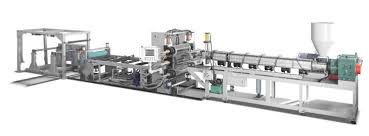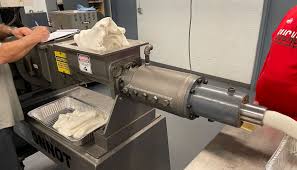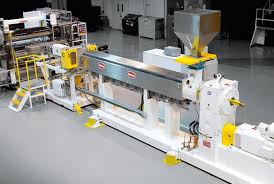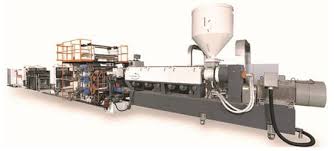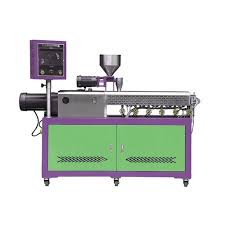Machine made plastic refers to plastic products that are manufactured using industrial equipment designed to mold, form, or extrude raw polymer materials into usable shapes. From packaging and automotive parts to household goods and electronics, machine-based plastic production is the backbone of countless industries worldwide.
The process typically begins with raw plastic pellets or resins. These are fed into a machine—such as an injection molding machine, extrusion line, blow molding unit, or thermoforming press—where they are heated, shaped, and cooled into final products. Each method has unique advantages:
Injection molding – Ideal for detailed, high-volume parts like bottle caps and appliance housings.
Extrusion – Used for continuous products such as pipes, sheets, and profiles.
Blow molding – Common for hollow containers like bottles and tanks.
Thermoforming – Perfect for packaging trays and lightweight components.
Benefits of machine made plastic include:
High production speed – Capable of producing thousands of identical parts quickly.
Design flexibility – Complex shapes and features are easy to achieve.
Cost efficiency – Automation reduces labor costs and material waste.
Durability – Engineered plastics can withstand heat, impact, and chemicals.
With advancements in technology, modern machines now support recycled plastics, biodegradable materials, and precision quality control, making production more sustainable and efficient.
From a single water bottle to complex automotive assemblies, machine made plastic shapes the world around us—offering lightweight, versatile, and affordable solutions for today’s manufacturing needs.


